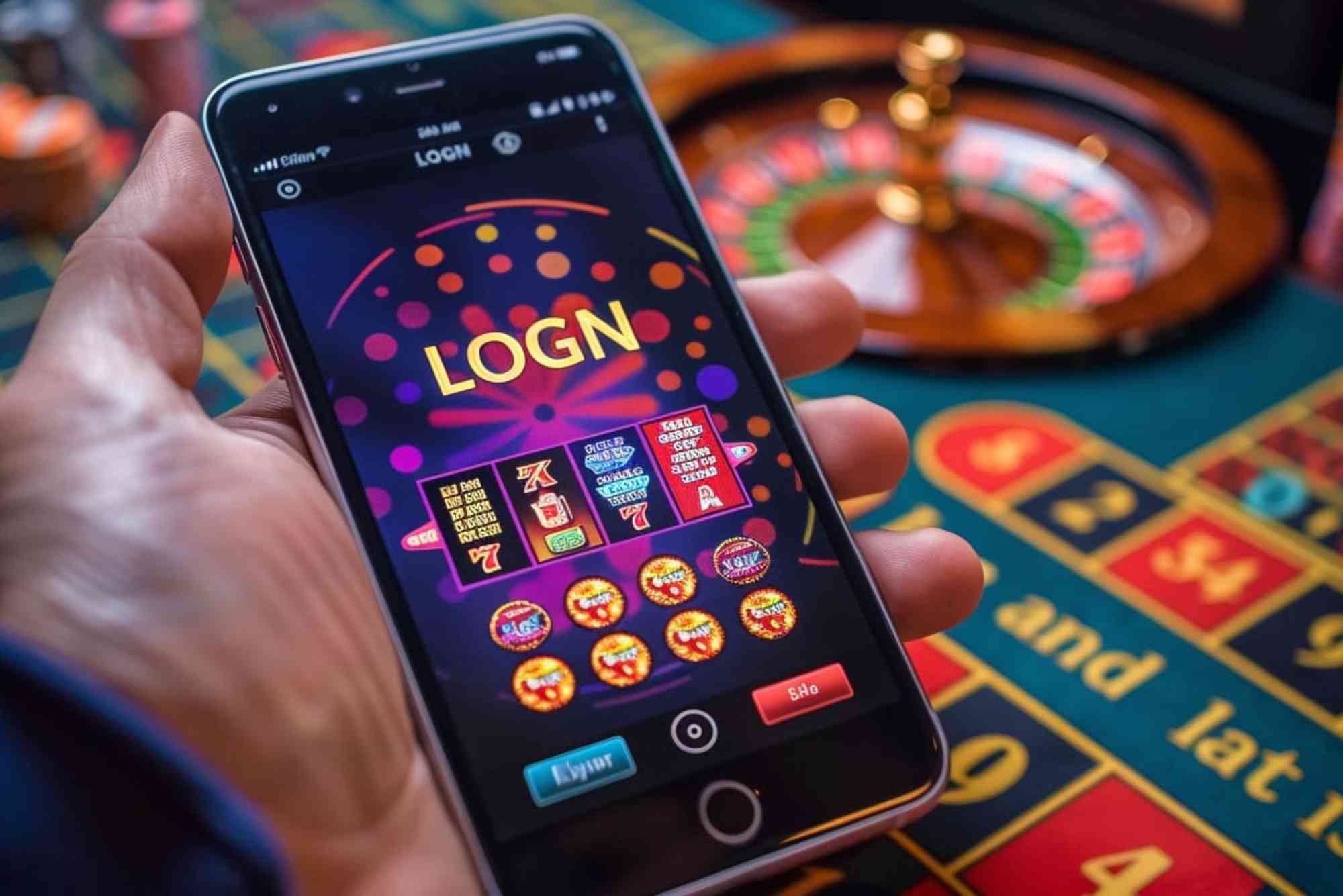The appeal of live dealer games lies in their ability to combine the excitement of a physical casino with the convenience of online play. Players can interact with professional dealers in real time, watch cards being dealt, and see the roulette wheel spin, all while enjoying the comfort of their own home. But one question often arises: how do casinos ensure these games are fair?
As someone who has spent years following the evolution of online casinos, I can tell you that fairness is not left to chance. It’s one of the most critical aspects of the entire operation. If players lose trust in the system, the whole concept of live gaming collapses. Let’s break down the many layers of checks, technologies, and regulations that casinos use to maintain fairness in live dealer environments.
The Role of Professional Dealers
At the heart of every live game is the dealer. Casinos carefully select and train their dealers to maintain professional standards. Beyond managing the pace of play, they are also monitored to ensure they follow strict procedures.
Dealers don’t have the freedom to manipulate outcomes. Every move, from shuffling cards to spinning the roulette wheel, is overseen by supervisors and often streamed from multiple camera angles. This visibility reassures players that outcomes are natural and not influenced by hidden tricks.
Of course, transparency matters most when players are placing real bets online. Many of today’s platforms allow players to replay sessions or view slow-motion captures if they feel something happened too quickly. Such measures highlight the casino’s commitment to accountability.
Advanced Technology Behind the Tables
Technology is the backbone of fairness in live dealer games. Studios use state-of-the-art equipment to ensure outcomes are completely random and visible. For card games, automatic shuffling machines eliminate the possibility of dealer manipulation, while roulette wheels are fitted with sensors that track every spin.
One of the most important innovations is Optical Character Recognition (OCR). This technology converts physical actions — like dealing cards or landing roulette balls — into digital data in real time. OCR ensures that what players see on screen matches exactly what is happening at the table, creating a bridge between the physical and digital worlds.
Casinos also invest in multiple high-definition cameras for every table. By offering different viewing angles, they make it nearly impossible for any suspicious activity to go unnoticed.
Regulation and Licensing
No discussion about fairness would be complete without addressing regulation. Casinos must operate under licenses issued by recognized gaming authorities, such as the UK Gambling Commission or the Malta Gaming Authority. These bodies impose strict requirements on how games are run, monitored, and audited.
Live dealer providers undergo regular audits by independent organizations. These audits review everything from software integrity to studio equipment, ensuring no hidden bias exists. Players can often see the names of these auditors displayed prominently on casino websites as a mark of credibility.
This regulated environment extends beyond established casinos. Even some of the newest bookmakers entering the market must adhere to these standards to build trust with players. For them, fairness isn’t just a legal requirement — it’s a competitive advantage that attracts players who demand transparency.
Randomness and Game Integrity
In traditional online casino games, Random Number Generators (RNGs) ensure outcomes are unpredictable. While live dealer games rely on physical randomness — cards, dice, or wheels — the principle is the same. Systems are tested regularly to confirm that results follow expected statistical patterns.
For instance, roulette outcomes are checked to ensure numbers don’t favor one area of the wheel disproportionately. Card decks are tested to guarantee randomness after shuffling. If any irregularities appear, games are suspended and investigated immediately.
Players may not always see these behind-the-scenes checks, but they are essential in guaranteeing that games remain fair over the long term.
Player Transparency and Interaction
One of the most reassuring aspects of live dealer games is the opportunity for interaction. Players can chat directly with dealers, ask questions, or request clarification on results. This transparency is a big step away from traditional online games where outcomes are presented by software alone.
Casinos also make game histories available. Players can review past rounds to verify patterns or outcomes, giving them confidence that nothing unusual is happening. This openness builds the trust necessary for long-term loyalty.
Independent Audits and Testing
Fairness is not just a matter of internal policies. Third-party testing agencies such as eCOGRA, iTech Labs, and GLI play a crucial role. These companies specialize in examining gaming systems for fairness and compliance. Their certifications provide external proof that games aren’t rigged.
Casinos that display audit seals from these organizations demonstrate a commitment to transparency. Players who see these seals can be confident that the games have undergone rigorous testing. Without such oversight, trust in the system would be hard to sustain.
The Future of Fairness in Live Gaming
Looking forward, the technology ensuring fairness will only become more advanced. Blockchain, for example, is being explored as a way to create permanent, unalterable records of every wager and outcome. This could take transparency to new levels, allowing players to verify results independently.
Artificial intelligence also plays a growing role in monitoring dealer behavior and spotting suspicious patterns. By analyzing huge amounts of gameplay data, AI systems can detect potential issues far faster than human supervisors.
What’s clear is that casinos recognize the importance of fairness as the foundation of their success. Without it, live dealer games wouldn’t attract the loyal player base they enjoy today.
Conclusion
Fairness in live dealer games is the result of careful planning, rigorous regulation, and advanced technology. From the professionalism of dealers and use of shuffling machines to third-party audits and player transparency, every step is designed to ensure that outcomes remain genuine and unbiased.
Players may come for the excitement of real-time action, but they stay because they trust the system. And that trust is no accident — it’s the product of years of investment in both technology and regulation.
As live dealer games continue to grow in popularity, casinos will keep refining these safeguards. For players, this means even greater transparency and confidence in the fairness of every spin, shuffle, and deal.



